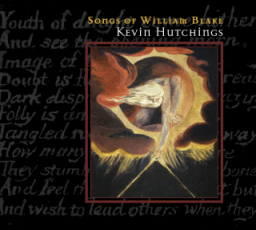John Robinson and the War of 1812 February 19th, 2014
Today at the Archives of Ontario I read a lengthy memorandum by John Beverley Robinson, which he wrote by hand the day after the Battle of Queenston Heights in the War of 1812.  A twenty-one year old volunteer in the York Militia, the young Robinson had until then been a complete stranger to warfare. Although he is said to have fought gallantly in the British victory over the Americans, he was utterly horrified by the bloodshed he witnessed. In his account, the heroes of the day–besides General Isaac Brock and the British soldiers who fell with him–were Chief John Norton and his 250 Mohawk warriors who led the attack that dislodged the “villainous American aggressors” from Canadian soil. In terrified retreat, many of the American soldiers jumped from the cliffs and drowned in the Niagara River rather than face the wrath of the British and their Indian allies. Robinson’s first-hand account of the battle is chilling in its graphic detail. In later years, he would become one of Upper Canada’s most prominent leaders, and on his several trips to Britain he would form friendships with the likes of Walter Scott, Charles Dickens, and Alfred Lord Tennyson, and numerous noblemen. This was a formative moment not only in Robinson’s life but in the life of the Canadian nation. It’s a remarkable narrative.


